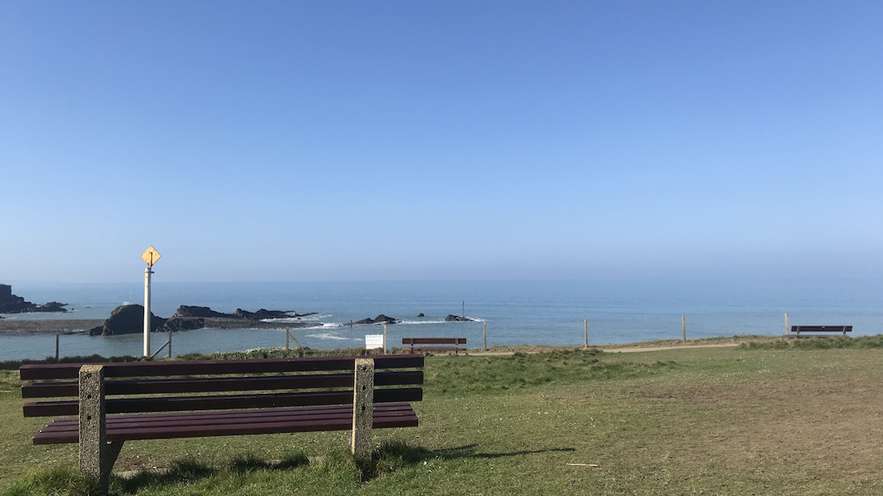
From antidepressant effects of outdoor swimming, to the capacity of virtual sea-walks to reduce pain felt from dental surgery; the evidence is growing of the curative power of the sea. Valuing the ocean and the coast is also important for the future of humanity, and protecting it will benefit all of us.
But there are also downsides of living by the sea, that are less widely reported. Many people living in coastal communities report feeling forgotten and cut off next to their urban counterparts. Mental health services are hard to access and isolation and deprivation are rife. Cornwall has the third highest suicide rate in the UK and yet the longest coastline.
We urgently need to understand both the challenges and the benefits that living by the sea has in order to come up with solutions to build healthier communities by the sea. The REFLECT project aims to gather people’s experiences of living by the sea and its impact on their mental well-being in a variety of ways.
The REFLECT project team want to interview people, have people submit stories, art, film, poetry. They will look at these sources of evidence and explore themes – contact: reflect@exeter.ac.uk if you are interested in being a contributor.
They would like people to use the Urban Mind app (download from App Store or Google Play) Click HERE for further info. This is an anonymous record of the impact of nature, environment and social interaction and on your mental wellbeing. Find out more here: https://www.reflectaamp.org/research
OCTOBER EVENTS
Art and science unite to explore how Cornwall's and Kent's coastlines impact our mental health
REFLECT BUDE
4 - 6 October 2019
Find out more
REFLECT GRAVESHAM
11 - 13 October 2019
Find out more
Blog first posted by the REFLECT team at https://www.reflectaamp.org/research
